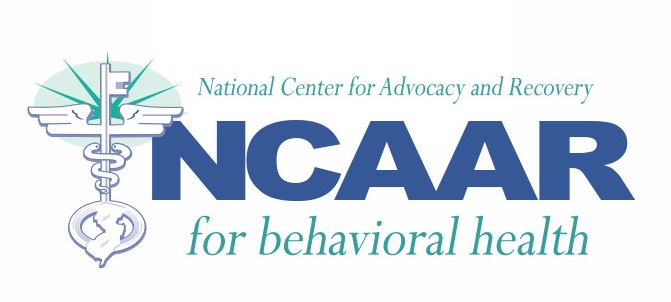Four New Jersey legislators recently focused a health issue
affecting thousands of the state’s residents: insurer treatment limits and
denials for people with an addiction or mental illness. Senate Legislative
Oversight Committee members Robert Gordon, Teresa Ruiz and Barbara Buono spent
a good portion of July 18 listening to expert and personal testimony on this long-standing
problem. Earlier this summer, Senator Robert Singer and former Congressman
Patrick Kennedy held a forum at Stockton College to make the case a final rule
on the federal addiction and mental health parity law, needed to help end
insurer non-compliance. These four New Jersey lawmakers, along with long-time
parity champion Senator Joseph Vitale, deserve the state’s deep appreciation
for responding to a problem that has been terribly costly to the state in the
lives it has claimed and in the increasing amount of public dollars it has
required.
The Senate committee heard testimony from experts and from
two panels of patients and their families. These witnesses described what is
known as “medical necessity,” a ploy regularly used by insurers to deny
treatment. Simply put, health insurers refuse treatment for patients by
asserting that a higher level of care such as inpatient treatment is not
medically necessary, even if the patient has had assessment indicating a more
intensive level is warranted.
This issue is also being confronted at the federal level. Senator Singer and Patrick Kennedy held a hearing in mid-June on the Paul Wellstone Pete Domenici parity law and urged people to step forward to advocate against insurer non-compliance with the law. Kennedy stressed that too few have lent their voice to the issue in the public arena owing to the stigma surrounding addiction and mental illness. One witness at the Senate committee hearing, Wayne Debolfsky, captured this fact. People affected by these diseases, he said, “have suffered too long in the dark and in silence. They have suffered in silence, Debolfsky said, because their “illnesses are shame-based.”
Clearly the challenges for advocates of insurance reform are
considerable, yet there is reason for some optimism that people in the state
(and across the country) with behavioral health problems will not have to
battle through the insurance gauntlet to access proper treatment. Nationally,
the Obama Administration is insisting that the final rule on the federal
addiction and mental health parity law be in place by the year’s end. New
Jersey is among the states expanding Medicaid as part of health care reform, enabling
more people to access care. And certainly another reason to hold out hope is
that a group of New Jersey lawmakers saw fit to spend the better part of a summer’s
lifting the issue into the light.
